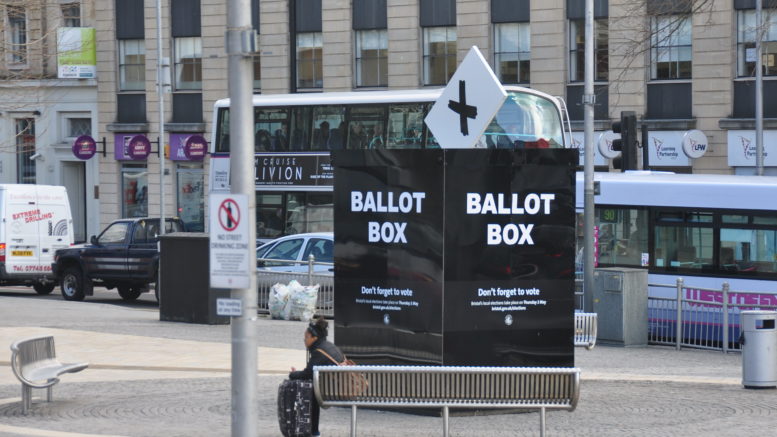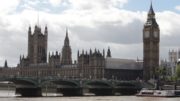After what feels like months of campaigning towards the General Election. Party political broadcasts and television debates, followed by discussions about what has been said, what has not been said, questions as to why this person took part and that person declined, we have a new Government. Or do we?
We are still waiting to see whether Theresa May can form a Government without the overall majority she needs to effectively govern the country. Almost from day one, it appears she has been in negotiations with the Irish DUP. Positive statements have been made by both sides, stating that they already work closely together, so an agreement to work together to assist the Government, they insist, is not so unlikely, perhaps even a natural progression.
This would be an informal agreement, far different to the coalition with the Liberal Democrats that David Cameron had to agree to after the election in 2010 – the DUP has insufficient MPs to demand a greater say in framing legislation, having only enough to ensure that the Government will gain a majority in crucial motions before the House. Given that the DUP are fiercely opposed to abortion, gay rights and women’s rights, it is perhaps as well that they should have little responsibility for framing the laws that we live by.
So, assuming Mrs May survives the next weeks and months to continue as Prime Minister until 2022, what can the private sector expect?
Housing was mentioned in both the Conservative and Labour election manifestos, but there seemed little in them to interest or assist private sector landlords.
The Conservatives have pledged to increase social housing, by supporting councils and housing associations to build more and form ‘a new generation of social housing’ – presumably with the same Right to Buy, which will mean a continuing supply is needed. Housing associations will be assisted to increase specialist housing stock. They intend to build 500,000 new homes between 2020 and 2022 and halve rough sleeping in the period of the parliament and eliminate it entirely by 2027.
No mention there of the providers of much-needed accommodation, the private landlord. What we do know is that further legislation is already planned to ‘raise standards in the private sector’ and that the private landlord will always bear the brunt for poor standards, while tenants will behave as badly as they wish, with impunity.
What if the pundits are right, that not only will Mrs May lose the leadership of the Conservative party, but that there will be another election before the end of the year which will see Jeremy Corbyn become Prime Minister? He has pledged that a Labour Government will build a minimum of 100,000 social housing properties every year, for affordable rents or sale, by 2022. They’ll also Suspend Right to Buy unless there is a plan to replace them on a like-to-like basis.
Perhaps most dramatic, they intend to end rough sleeping within the course of the next Parliament. Desirable though this would be, this seems dream-land! Looking at Labour’s wider plans, we know that something sure to impact on the private sector will be the mandatory longer tenancies they feel assist tenants – despite statistics proving that i) many tenancies become long and well-established although they started with a 6-month tenancy and ii) that for many tenants, the flexibility afforded by the current standard 6-month Assured Shorthold Tenancy meets their requirements far better than a fixed, longer tenancy would.
We can only wait for further developments, but don’t hold your breath that the private sector will become the focus of political attention, or that they’ll receive the respect they deserve.
For advice on buy to let issues – General Knowledge








Be the first to comment on "After the General Election"